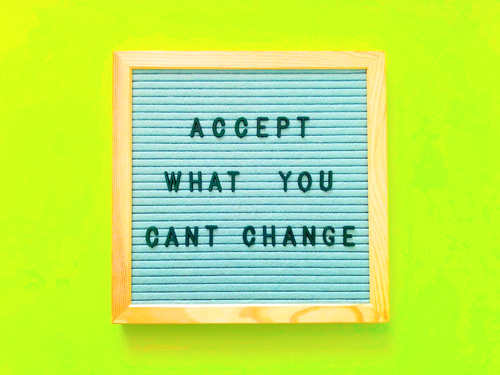To heal from narcissistic abuse, we must accept what narcissism is, accept that the person caused the abuse is a narcissist, and accept that that person will never change.
Narcissists present themselves in a variety of ways, and a lot of them are never formally diagnosed with the disorder. Even if they agree to be treated by psychologists or psychiatrists, they will find ways to manipulate such professionals. So when it comes to it, it might not matter what the exact label that is used or what the formal diagnosis it; what we do when we encounter narcissistic abuse is more important.
However, I believe that if we have an inkling of the mental disorder that these individuals have, we have a better chance of coming out ahead on the other side. Per the Diagnostic and Statistical Manual of Mental Disorders (DSM–5), an individual who has Narcissistic Personality Disorder has a pervasive pattern of committing at least 5 out of 9 of these behaviors:
- Has a grandiose sense of self-importance (e.g., exaggerates achievements, expects to be recognized as superior without actually completing the achievements)
- Is preoccupied with fantasies of success, power, brilliance, beauty, or perfect love.
- Believes that they are “special” and can only be understood by or should associate with, other special people (or institutions).
- Requires excessive admiration.
- Has a sense of entitlement, such as an unreasonable expectation of favorable treatment or compliance with his or her expectations).
- Is exploitative and takes advantage of others to achieve their own ends.
- Lacks empathy and is unwilling to identify with the needs of others.
- Is often envious of others or believes that others are envious of them.
- Shows arrogant, haughty behaviors and attitudes
The Narcissist (the N) that I mainly dealt with has demonstrated at least 6 of these behaviors over the 7 years that I was exposed to his narcissism, directly and indirectly. At first I could not believe it, but as time went on, his behaviors further cemented the diagnosis.
I recognized that I did not make any progress in my healing process during this “I can’t believe it” phase. My mind kept racing, trying to come up with another rational explanation of what happened, trying to make excuses for him. It wasn’t until I finally accepted that the N was a narcissist that I felt like I was able to make the first step of moving on from the abuse. This acceptance brings clarity to my mind just like how the sun brings light into the darkness. It is the main catalyst of my recovery.


